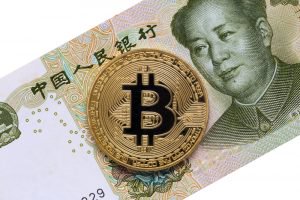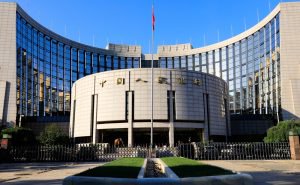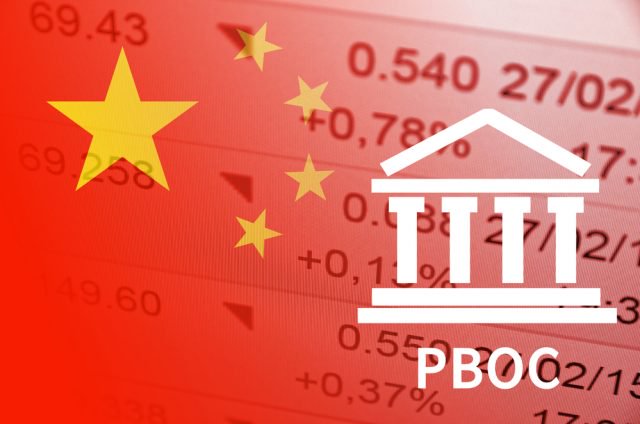The People’s Bank of China (PBOC) has recently provided further detail regarding the cryptocurrency regulations that China is currently formulating. On ICOs, a PBOC counselor described ‘moderate regulation’ as necessary, whilst stressing the desire of China not to prematurely stifle bitcoin innovation and growth within the Chinese cryptocurrency markets. China’s central bank has also rejected the notion of cryptocurrency comprising a currency.
Also Read: BTCC Founder Bobby Lee Says Cryptocurrencies Need Regulation
PBOC – “Moderate Regulation Should Be Applied, but It Should Not Stifle Innovation”

The People’s Bank of China has this week revealed further details pertaining to the high anticipated cryptocurrency regulations that are currently under development. On July 7, Yicai Global reported that a PBOC representative had advised investors to exercise great caution before participating in Initial Coin Offerings (ICOs), whilst prescribing moderate regulations for virtual currencies generally.
Sheng Songcheng, a counselor at the PBOC, told Yicai Global “Only time and market dynamics will tell how popular blockchain technologies and ICOs will become in the future. Moderate regulation should be applied, but it should not stifle innovation.” Songcheng also discussed the investor risks that stem from the current unregulated ICO industry, emphasizing the absence of disclosure standards and procedures, and the present potentiality for ICOs to comprise the sale of unlicensed securities.
The PBOC Statements Also Give Clues as to What the Future PBOC-Issued National Cryptocurrency May Comprise

Songcheng also confirmed that the PBOC will not classify bitcoin and other cryptocurrency tokens as ‘currencies’, describing bitcoin as lacking the inherent value basis of a legitimate currency. The PBOC counselor stated that virtual currencies have ‘technical value’, and thus comprise an asset. Songcheng also implied that a currency must be a stable measure of value backed by a nation state, stating that “Virtual currencies are highly volatile, and fluctuations in their prices can easily reach 10 to 30 percent. If a country accepts one of them as its national currency, the entire national economy could collapse due to currency volatility. Project financing based on a volatile virtual money also entails risks.”
The PBOC statements also give clues as to what the future PBOC-issued national cryptocurrency may comprise. The definition of a ‘currency’ given by the PBOC creates a potential rhetorical pretext for the promotion and legitimation of a PBOC-controlled cryptographic currency. The wording of the above PBOC statement suggests a currency can only attain legitimacy through its adoption by a centralized government, which is dubiously suggested as the only basis through which a currency can attain price stability – and see generalized use as a means of exchange. Greater price stability is argued to likely greater facilitate the use of cryptocurrency as a generalized means of commodity exchange. For the PBOC, said pretext could be used as the basis for launching a crack-down on undesired bitcoin use, whilst the PBOC provides a centralized alternative cryptocurrency that purports to offer the same use-value functionality as bitcoin.
Do you think that China’s statements are designed to create a rhetorical pretext that favors a PBOC-backed national cryptocurrency? Share your thoughts in the comments section below!
Images courtesy of Shutterstock
Why not keep track of the price with one of Bitcoin.com’s widget services.














